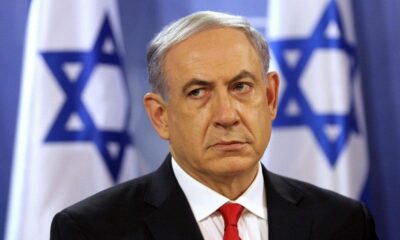Business
Baradar tells officials to pay close attention to security of contractors

Mullah Abdul Ghani Bardar Akhund, deputy prime minister of the Islamic Emirate of Afghanistan (IEA) for economic affairs, on Thursday told security officials in north of the country to pay close attention to the security of domestic and foreign contractors.
Bardar said this while visiting Balkh province where he met also with officials of Samangan, Sar-i-Pul and Jowzjan.
Baradar emphasized on the efficient extraction and transfer of mines and the transparent implementation of contracts, according to a statement released by his office.
He noted that mines are the main source of the country's national budget and revenues, and asked officials to do their best to conserve this national wealth and ensure transparency in its extraction.
Baradar also recommended that security officials pay close attention to the security of domestic and foreign contractors in the provinces and not allow anyone to disrupt efforts for development of the country.
Economic experts meanwhile say security is essential for investors to invest in major projects in north Afghanistan.
“Now when high level officials talk of safety of lives and property of investors, it will undoubtedly help increase investment in the country. Moreover, legalizing mineral extraction would also increase investment in the country,” said Abdul Naseer Reshteya, an expert on economic affairs.
Baradar’s visit to north comes a week after IEA officials signed a contract with China’s CAPEIC (Xinjiang Central Asia Petroleum and Gas Co) Company for the extraction of oil in the Amu River basin, which covers a large area across parts of three northern provinces.
Business
Mullah Baradar inaugurates a blanket factory in Kabul
About 930 million Afghanis have been invested in the factory and it currently has the capacity to produce 1000 blankets per day.
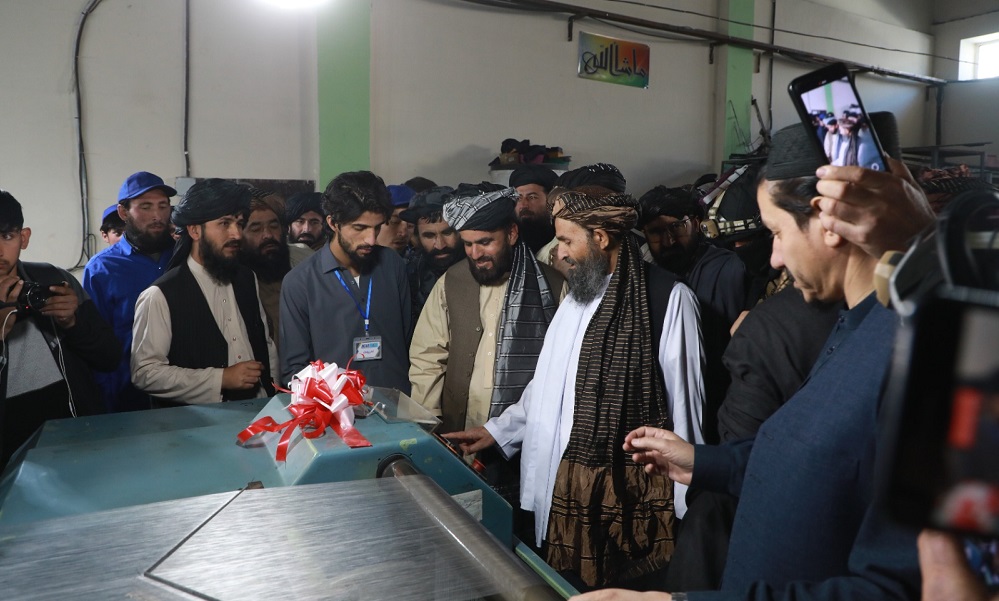
Mullah Abdul Ghani Baradar, the economic deputy prime minister, on Sunday inaugurated a blanket factory in Pul-e-Charkhi industrial area in Kabul city.
Speaking at the inauguration ceremony, Baradar said that with the provision of overall security in the country and the reduction of corruption, a favorable environment for medium and small investments has been created.
He added that the Islamic Emirate continues to support domestic industries by implementing effective import substitution policies, which plays an important role in strengthening the country's national economy.
Baradar stated that in order to support domestic industries, heavy-duty machines worth 100 million afghanis ($1.4 million) were purchased for the newly established blanket factory based on the Islamic Murabaha Islamic financing structure.
Murabaha is a sales contract where the buyer and seller agree on the markup or "cost-plus" price for the item being sold.
Baradar also mentioned that the Islamic Emirate seeks to reduce dependence on foreign imports by increasing the level of investment.
He called businessmen and investors to invest inside Afghanistan for the economic growth of the country.
According to Baradar’s office, the newly established blanket factory uses domestically sourced raw materials including wool and cotton, which will help increase job opportunities in addition to strengthening the livestock and agriculture sector.
About 930 million afghanis has been invested in the factory and it currently has the capacity to produce 1,000 blankets per day.
The factory has employed about 900 people.
Business
Trade volume between Kabul-Tehran has reached over $1.8 billion: MoIC
Afghanistan News: Iranian officials also stated that since the beginning of this year, the export of non-oil goods to Afghanistan has increased to $1.3 billion
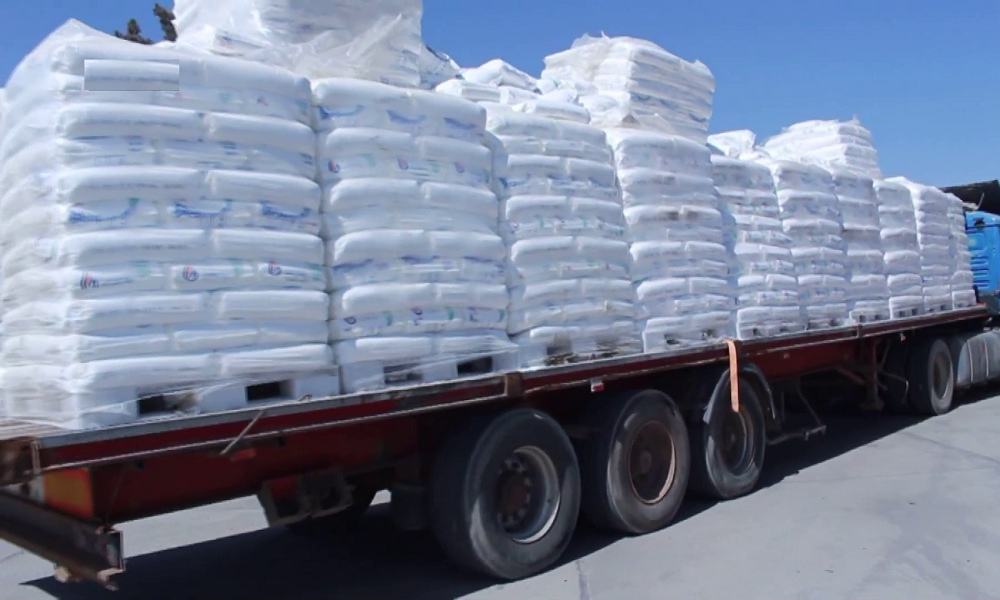
Ministry of Industry and Commerce (MoIC) says the trade volume between Afghanistan and Iran has reached more than $1.8 billion over the past seven months of 1403 [solar year].
The ministry's spokesman Abdulsalam Jawad Akhundzada said these trades include oil and non-oil goods.
According to Jawad Akhundzada, trade and transit with Iran is expanding.
“Afghanistan's trade with Iran during the seven months of 1403 was worth $1 billion 827 million dollars, of which 30 million dollars were exports and $1 billion 797 million dollars were imports,” said Akhundzada.
“Most of the major export goods are mineral stones, raisins, all kinds of soft drinks and sesame seeds, and the main import items are diesel fuel, petrol, raw materials for manufacturing, liquid gas and cement,” he added.
Meanwhile, Iranian officials also stated that since the beginning of this year, the export of non-oil goods to Afghanistan has increased to 1.3 billion dollars.
Tehran Times newspaper quoted the Iranian customs officials and reported that Afghanistan was Iran's fifth largest importer of non-oil products in the last seven months.
Business
Afghanistan-India trade volume totals $650 million so far this year
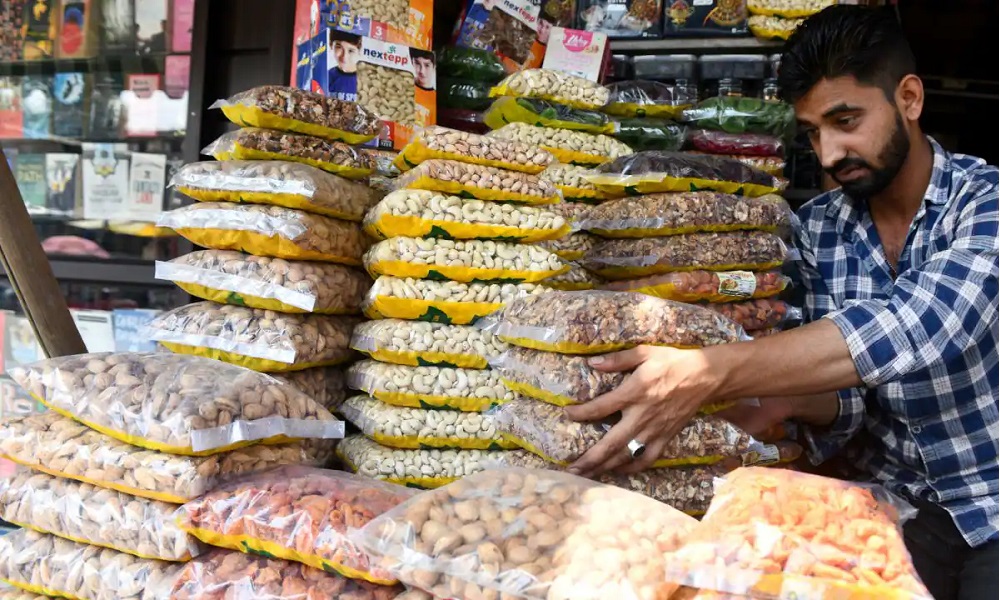
Trade between Afghanistan and India totals $650 million in the first 10 months of this year, the Islamic Emirate’s Ministry of Industry and Commerce announced this weekend.
In a post on X on Saturday, the ministry’s spokesman Abdulsalam Jawad Akhundzada said $477 million in exports and $203 million in imports were recorded this year.
He said Afghanistan’s main exports to India included dried figs, raisins, saffron, green cumin, and almonds.
According to Akhundzada, the main items imported from India over the past 10 months were sugar, raw materials for industrial factories, new clothing, and roasted chickpeas.
Just last week, JP Singh, Indian foreign ministry’s joint secretary for the Pakistan-Afghanistan-Iran division, visited Kabul and met with Acting Foreign Minister Amir Khan Muttaqi.
The two sides discussed political and economic relations between Afghanistan and India, and people's movements, the Afghan foreign ministry said in a statement.
Muttaqi expressed hope that relations between India and Afghanistan would expand in various fields. He stressed that to develop trade relations, Indian visa facilities should be increased for Afghan citizens, especially businesspersons.
According to the statement, JP Singh said that relations with Afghanistan are important for India and have an ancient history.
The Indian diplomat said that along with humanitarian aid to Afghans, India has also started development assistance to Afghanistan and is engaged in technical discussions with relevant Afghan institutions.
JP Singh stressed that in the near future, negotiations will be held between technical delegations of regional countries including Afghanistan and India on the Chabahar port.
He also promised to increase Indian visa facilities for Afghans.
-

 Sport5 days ago
Sport5 days agoFIFA unveils Innovative Club World Cup Trophy ahead of new tournament in 2025
-
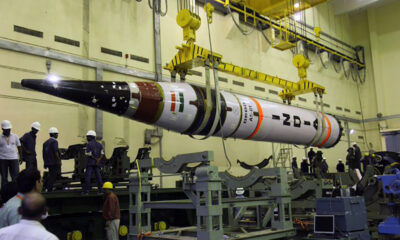
 Regional5 days ago
Regional5 days agoIndia’s successful test of hypersonic missile puts it among elite group
-
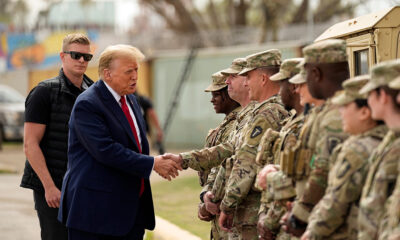
 Latest News5 days ago
Latest News5 days agoTrump team compiling list of military officers responsible for US withdrawal from Afghanistan
-

 Latest News5 days ago
Latest News5 days agoCanada sent 19 failed asylum seekers back to Afghanistan last year
-

 Sport4 days ago
Sport4 days agoAbu Dhabi’s thrilling T10 tournament just days away
-

 World4 days ago
World4 days agoBiden allows Ukraine to use US arms to strike inside Russia
-

 Sport4 days ago
Sport4 days agoAfghanistan beat UAE by 169 runs in U19 tri-series
-
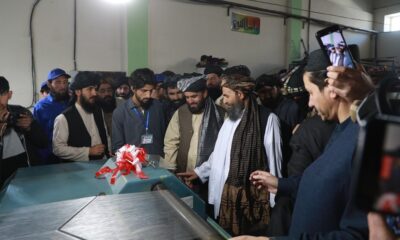
 Business5 days ago
Business5 days agoMullah Baradar inaugurates a blanket factory in Kabul










